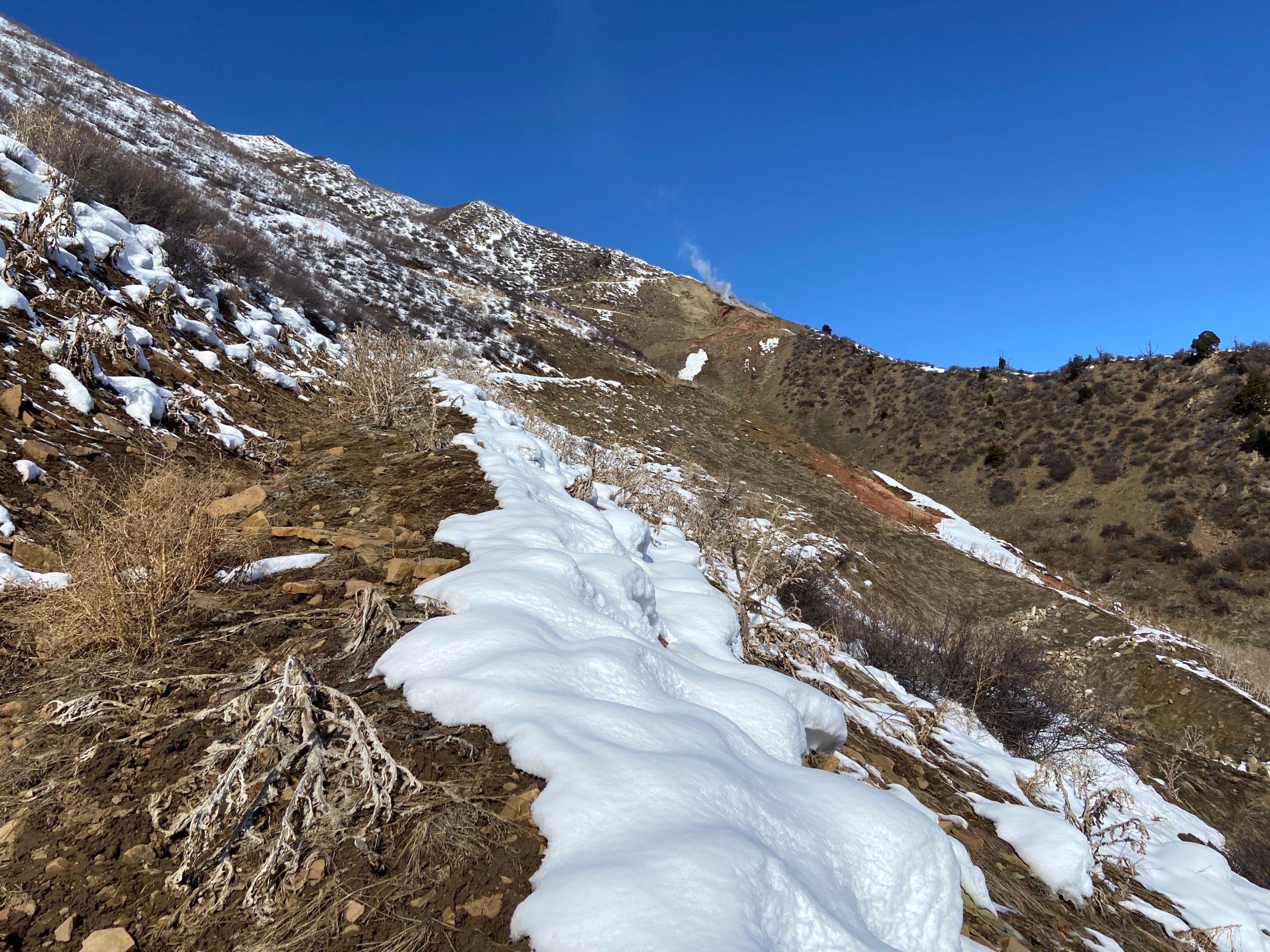
Colorado officials have already said the $1 trillion infrastructure bill signed by President Joe Biden this week will allow them to work on an extensive list of transportation projects and make hundreds of homes more energy efficient.
The money will also help fix less visible projects: Cleaning up and maintaining underground and abandoned coal mines across the state.
More than $11 billion from the bill will go into the federal government’s Abandoned Mine Reclamation Fund. Jeff Graves, director of Colorado's inactive mine reclamation program at the Department of Natural Resources, said the funding boost could mean $10 million annually over the next 15 years — more than double the amount the state currently receives for restoring abandoned coal mines.
“This is a game-changer for all states,” Graves said. “Not just Colorado, but for the majority of the eastern states, other western states, many of the tribes. I mean, this is huge.”
The inactive mine program receives a combined $4 million a year from the federal government and a state severance tax to fix problems at both coal and hard-rock mines, Graves said. The funding allows inspectors to monitor the mines and maintain the land surrounding them but is usually not enough to pay for major repairs or excavations.
The additional funding stream will likely target more than 30 high-priority sites with active or dormant underground fires typically caused when coal seams ignite and burn leftover coal. Sometimes those fires can rise to the surface and threaten nearby communities.
Most of those high-priority mines are along the Grand Hogback ridge between Glenwood Springs and Craig, Graves said.
The money will also go toward preventing surface collapses of abandoned mines located underneath cities and towns, including several places in the Front Range, such as Lafayette, Louisville and parts of Colorado Springs. It would also fix other mine hazards, such as sealing entry tunnels and shafts.
The most serious hazards are found at abandoned hard-rock mines, Graves said. The infrastructure bill does not appropriate money for those mines, but it does create a program for future grants.









